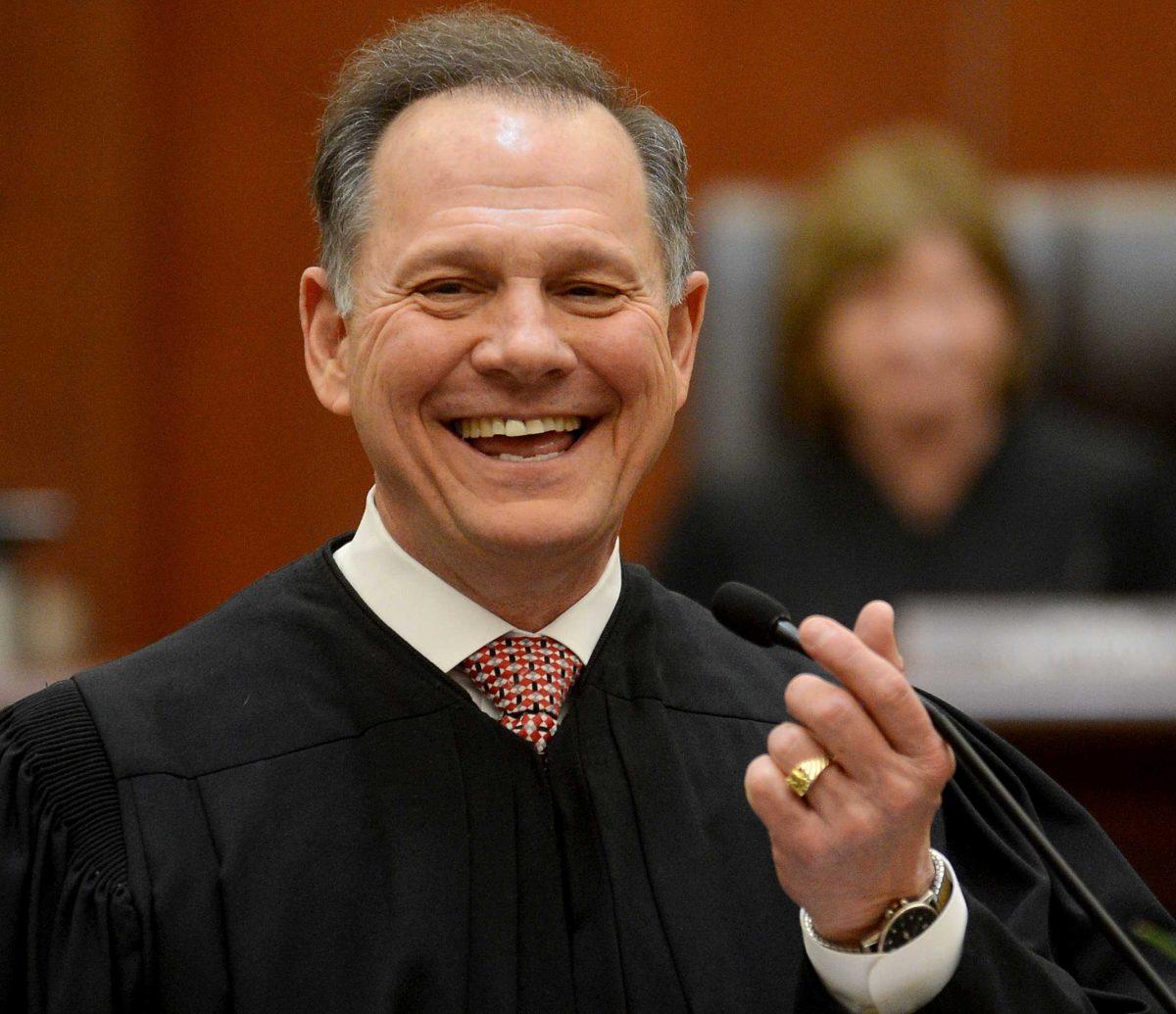The Louisiana justice system is not blind. It’s wide-eyed and paranoid.
State judges are in the crosshairs of an ever-changing public opinion every six years. We are one of 39 states to elect judges, rather than appoint them for life.
Between 1846 and 1860, 21 states amended their constitutions to provide for the election of state judges. Jacksonian Democrats believed electing judges would rid the courts of corruption and keep partisan favorites away from the bench.
But the Jacksonian Democrats and their leader Andrew Jackson failed to consider the rights of minority populations. Trail of Tears ring a bell?
Elected judges must pander to popular opinion or lose their judgeship when they make unpopular, yet just, decisions.
Louisiana is one of eight states to hold partisan elections at the trial court level. Partisan politics sit career politicians and unqualified talking heads on the bench.
Alabama Chief Justice Roy Moore is the greatest example of the populace electing a reckless and politically motivated individual.
A panel of judges removed Moore from the bench in 2003 for defying a federal court’s decision requiring him to remove a Ten Commandments statue at the state’s judicial building. The faithful, resilient citizens of Alabama have once again placed Moore at the helm of the Alabama judicial system.
Currently, Moore is demanding Alabama resist a Federal Court’s ruling that Alabama’s gay marriage ban is unconstitutional. His argument: the federal government can’t tell Alabama what to do.
Alabama and its Southern counterparts carried that same sentiment in the 1860s, and then came the Civil War. It’s safe to say the federal government showed Alabama who’s their daddy.
Roy Moore clearly approaches justice with holes cut out of his judicial blindfold so he looks more like a thief in the night rather than a levelheaded judge blind to the whims of society.
Judges supposedly check and balance the powers of the governor and legislators, but how can judges stand against politicians that their own constituents support?
While Republicans undoubtedly have a strong hold over Louisiana politics, a lack of political diversity on the bench is better than judges tempted by the corruption of campaign money. Louisiana judges cannot solicit political donations from attorneys in person or through letters. But their campaign committees can.
A small town lawyer solicited for a campaign donation to the judge he sees in court every other week will find it hard to abstain from donating to the judge’s election fund. No one wants to be on a judge’s bad side.
The Supreme Court has ruled that campaign money is free speech, and if campaign donations are free speech, then the rich and powerful speak the loudest.
In states that elect governors, legislators and judges, money rules the political landscape, and citizens in the minority of public opinion lose their voice.
An elected judiciary provides for the stifling of equality, and Louisiana is as unequal as they come.
Justin DiCharia is a 20-year-old mass communication junior from Slidell, Louisiana. You can reach him on Twitter @JDiCharia.
Opinion: Money triumphs in state judicial elections
March 2, 2015
FILE -In this Friday, Jan. 11, 2013 file photo, Alabama Chief Justice Roy Moore talks to the crowd after being sworn into office, at the Heflin-Torbert Judicial Building in Montgomery, Ala. Gays and lesbians could get marriage licenses in more than half of Alabama’s counties Friday after a federal judge told a county judge that he must not defy her ruling striking down the state’s same-sex marriage ban. Moore has remained defiant, demanding that the state’s probate judges keep refusing to issue licenses to same-sex couples until the final word from the nation’s highest court. (AP Photo/AL.com, Julie Bennett, File)
More to Discover








